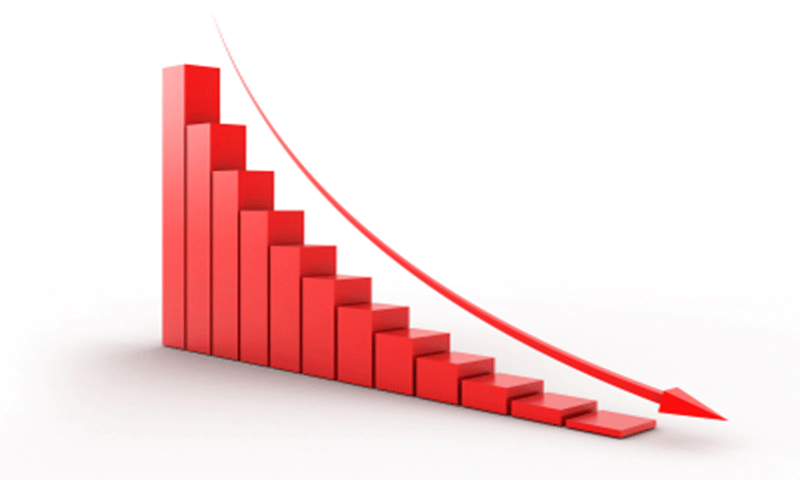Myanmar banks should inspect borrowers’ disclosed income before extending loans to them, according to the Central Bank of Myanmar (CBM). This is to ensure the disclosures are legit and that borrowers are not involved in potential money laundering activities. For example, some borrowers can disclose certain items as bank loans to avoid being taxed.
In February, the Paris-based inter-governmental Financial Action Task Force (FATF) put Myanmar on its grey list, implying that it had found strategic deficiencies in the country’s ability to counter money-laundering and terrorism financing. The decision places Myanmar banks, financial organisations and the CBM under negative pressure as international lenders now regard Myanmar as a high risk borrower.
The FATF wanted other countries to be more careful as money laundering is the conduit for illegal property, gold, gems and jewellery sales in Myanmar. The FATF deems cases of tax evasion and laundering the money and assets obtained from tax-related and other crimes as criminal cases.
As such, the CBM is taking efforts to prevent Myanmar from falling the FATF’s black list. It is now increasing supervision and inspections of Myanmar’s lenders based on money laundering risks, complexity and individual bank’s transactions. Among the measures is the latest requirement for banks to supply information on income sources regarding bank loans whenever requested by the CBM.
Meanwhile, when submitting instances of increased bank capital and share transfers, the shareholder himself should pledge that the funds represent taxed income and is free from money laundering activities. Approvals will be granted only when these declarations are submitted to the Ministry of Planning, Finance and Industry and Anti-Money Laundering Central Board for inspection of clearance from money laundering, the CBM stated.
Source: Myanmar Times


